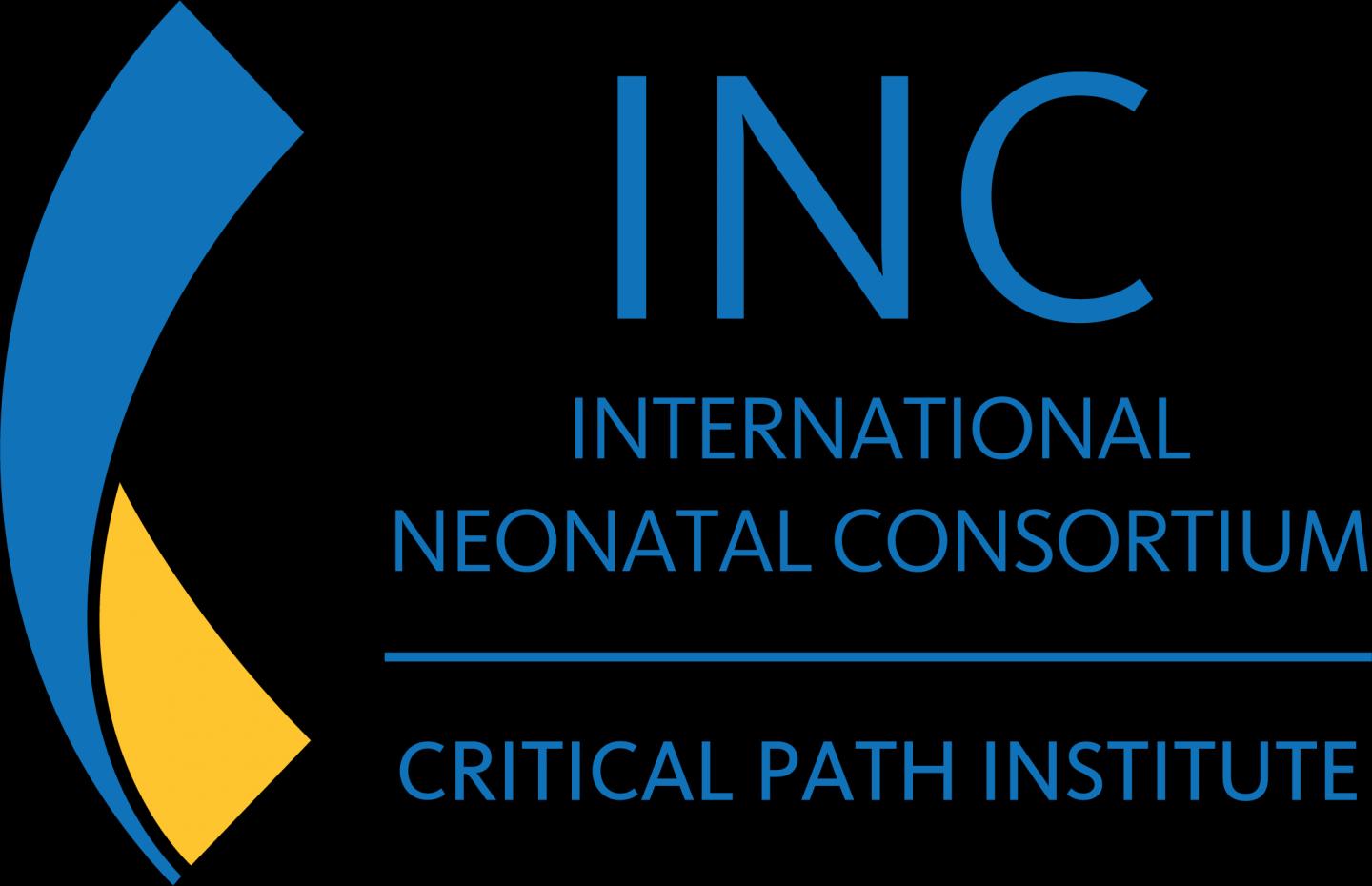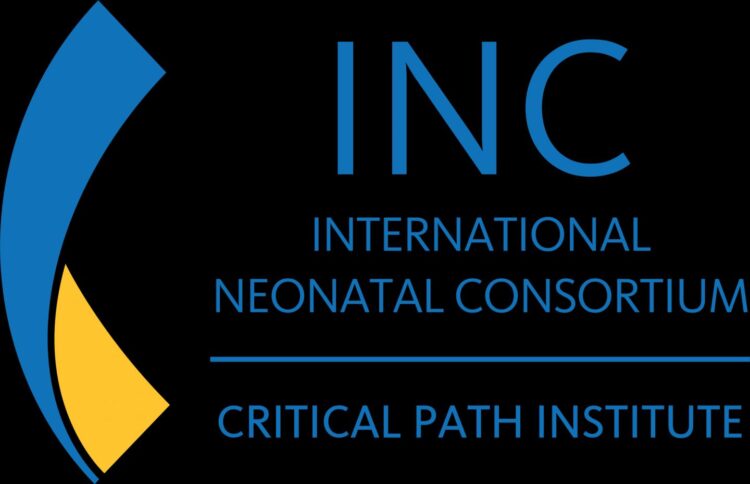FDA grant supports use of real-world data to generate real-world evidence in neonates

Credit: C-Path
TUCSON, Ariz., May 12, 2021 — Critical Path Institute (C-Path) and Tufts Medical Center have announced a joint venture to integrate the first patient-level clinical trial data to generate actionable real-world evidence (RWE) for neonatal drug development, from real-world neonate data (RWD). This activity, funded by a grant from the U.S. Food and Drug Administration (FDA), is being executed through a neonatal pilot project within C-Path’s International Neonatal Consortium (INC). The data sharing collaboration and transfer also marks the fastest on record for C-Path — starting with the Data Contribution Agreement negotiations and receipt of the data in three months’ time this March.
“I’m extremely proud of both team’s efforts to move swiftly to integrate data, increase our understanding of neonates and improve drug development for this underserved population,” said INC Executive Director Kanwaljit Singh, M.D., M.P.H. “Dr. Jonathan Davis was key in this collaboration and we thank him for all he’s done to move this project forward quickly.”
This effort allows a unique set of clinical trial data to be integrated and managed by C-Path’s Data Collaboration Center (DCC) to support analyses run by its Quantitative Medicine Program. “This will significantly add to the goal of defining actionable reference ranges of commonly used laboratory values in neonates and the development of a natural history model of bronchopulmonary dysplasia,” indicated C-Path’s Chief Science Officer and project Co-Principal Investigator Klaus Romero, M.D., M.S., F.C.P.
The clinical trial data sets shared by Tufts MC will be integrated with other patient-level RWD from electronic health records and data from national registries and networks. Each year in the U.S., 10 percent of neonates are born preterm, creating an urgent need to improve survival and outcome. However, there is minimal new drug development and most existing drugs have insufficient evidence to support safety, efficacy and dosage in this high-risk population.
“I am privileged to work with this exceptional team of clinical and data scientists at C-Path that will make real advances in neonatology,” said Jonathan Davis, M.D., Chief of Newborn Medicine, Associate Director of the Tufts Clinical and Translational Science Institute at Tufts Children’s Hospital, and Co-Principal Investigator. “This collaboration is a perfect marriage. A balance between clinical care, clinical trials, and data science that has never been done before in the neonatology space.”
For more than 15 years, C-Path has engaged in numerous successful partnerships with the FDA and industry to act as a catalyst for drug development. The public-private partnership with FDA, industry, the academic community and families of preterm neonates is unprecedented. The overall goal is to collect, aggregate, standardize and analyze RWD and generate RWE to accelerate drug development efforts. “This style of partnership holds great promise to benefit the unmet needs of the neonatal population and will likely be generalizable to other populations and therapeutic areas as well,” said Singh.
C-Path’s DCC will develop the Real-World Data and Analytics Platform (RW-DAP) as an integrated database and analytics hub designed to be used in generating actionable RWE that can be leveraged to inform drug development in areas where RWD can play a relevant role. It will promote the sharing of relevant RWD and facilitate the optimization of future RWD collection. By integrating relevant RWD in a format suitable for analytics, the RW-DAP will accelerate the understanding of disease progression (including causes for variance in disease progression), clinical outcome measures and biomarkers, and facilitate the development of mathematical models of disease and innovative clinical trial designs. RW-DAP will be positioned to generate solutions to drug development, which can be made publicly available to qualified researchers in industry, government, regulatory agencies and academia.
“C-Path’s INC is well-equipped to lead this project. Real-world data and real-world evidence are crucial to understanding how medical product is performing, and more importantly, how we can make adjustments and explore its potential benefits for other therapeutic areas,” Romero said. “The development of the RW-DAP fits right within DCC’s impressive body of work.”
C-Path’s INC will continue to meet and work with collaborators and new data contributors to integrate additional patient-level datasets. For more information on collaborating with INC, and how to contribute data, please email Adriana Burns at [email protected].
###
Critical Path Institute is supported by the Food and Drug Administration (FDA) of the U.S. Department of Health and Human Services (HHS) and is 55% funded by FDA/HHS, totaling $14,575,306, and 45% funded by non-government source(s), totaling $11,916,747. The contents are those of the author(s) and do not necessarily represent the official views of, nor an endorsement by, FDA/HHS or the U.S. Government. For more information, please visit FDA.gov.
Critical Path Institute (C-Path) is an independent, nonprofit organization established in 2005 as a public and private partnership. C-Path’s mission is to catalyze the development of new approaches that advance medical innovation and regulatory science, accelerating the path to a healthier world. An international leader in forming collaborations, C-Path has established numerous global consortia that currently include more than 1,600 scientists from government and regulatory agencies, academia, patient organizations, disease foundations, and dozens of pharmaceutical and biotech companies. C-Path U.S. is headquartered in Tucson, Arizona and C-Path, Ltd. EU is headquartered in Dublin, Ireland, with additional staff in multiple other locations. For more information, visit c-path.org and c-path.eu.
Contact:
Kissy Black
C-Path
615.310.1894
[email protected]
Media Contact
Kissy Black
[email protected]
Original Source
https:/





